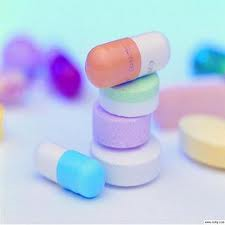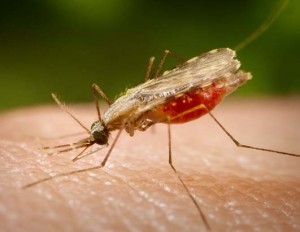When people go to their doctors for a regular check up or physical, the doctor tends to ask questions which make people nervous or respond with a white lie. Although to many these may just be another white lie, these minor lies can go a long away in affecting your health and future. Recent studies done by The Cleveland Health Clinic explained that the information people are giving to their physicians is how they decide medicine dosage and how to accurately diagnose symptoms.
Dr. Neides who spoke about the study done by the Cleveland Health Clinic, he explained, “At the same time, patients must provide accurate, honest information to their physician, he says. Many patients worry about being judged about their alcohol intake. But they should put those fears aside, he says.” Many patients are embarrassed about what their doctors might think of them if they tell them the truth of how much they are drinking or even smoking on a weekly basis.
The study went into depth about how physicians base the amount of a patients drinking habits goes into understanding what medicine they should receive, but if they are not telling the truth, they could severely injure or even die from the wrong medicine dosage. They mentioned in the study, “If you take aspirin and drink, your risk of stomach or intestinal bleeding is increased. Alcohol used with large doses of acetaminophen, a common painkiller, may cause liver damage. Alcohol used with some sleeping pills, pain pills, or anxiety/anti-depression medicine can be deadly.”
Doctors and study suggest telling the truth since it will only better the health in the future and decrease the amount of timely deaths due to wrongful medicine intake. If the number can drop from 10,00 of patients who take medicine with alcohol to a more reasonable number or even cut that in half, great strides would be made.
For more medical and health updates, please visit Scott Filler‘s official website.



 In a recent article by Fox News, imprecise measure measurements on certain medications could do more harm than good for you and your family and lead to potentially dangerous dosing mistakes. Results of this study have been posted in Pediatrics Magazine. In these results, experts say that people should use droppers and syringes for precise measurements rather than using spoons. In this study, 300 parents were involved with their children- mostly younger than 9 years old. The young children were treated for various illnesses in New York City hospitals and were sent home with prescriptions for liquid medicines.
In a recent article by Fox News, imprecise measure measurements on certain medications could do more harm than good for you and your family and lead to potentially dangerous dosing mistakes. Results of this study have been posted in Pediatrics Magazine. In these results, experts say that people should use droppers and syringes for precise measurements rather than using spoons. In this study, 300 parents were involved with their children- mostly younger than 9 years old. The young children were treated for various illnesses in New York City hospitals and were sent home with prescriptions for liquid medicines. In a
In a  This is worrisome after Venezuela declared itself malaria-free back in the 1960s. During the 1950s, the country worked tirelessly for a decade and made the country malaria-free through educational campaigns, DDT spraying, and improving housing and sewage systems. Most residents believe there is a stronger issue at hand. A health minister from Miranda thinks that the largest obstacle will be the government teaming up with public and private health sectors to eliminate the problem.
This is worrisome after Venezuela declared itself malaria-free back in the 1960s. During the 1950s, the country worked tirelessly for a decade and made the country malaria-free through educational campaigns, DDT spraying, and improving housing and sewage systems. Most residents believe there is a stronger issue at hand. A health minister from Miranda thinks that the largest obstacle will be the government teaming up with public and private health sectors to eliminate the problem.